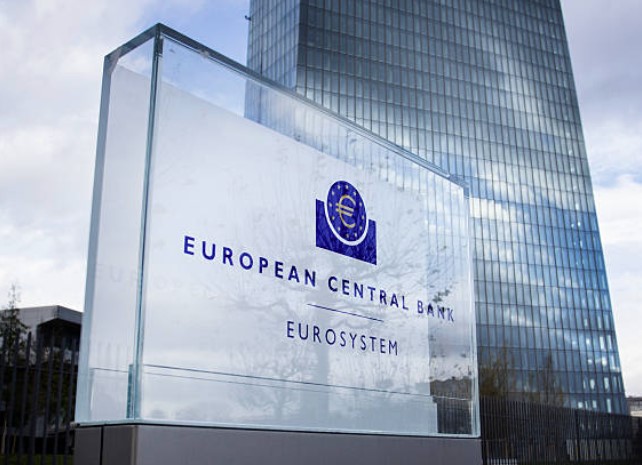Economic developments in the European Union

European markets fall ahead of the Bank of England decision. The Bank of England will announce its latest monetary policy decision at noon London time. Market prices slightly favor a 25 basis point interest rate cut from the British central bank, which will start the monetary easing path. But analysts say there is more uncertainty than usual around its decision, even though inflation is holding at 2%, with some voting members still worried about service sector inflation and wage growth. Unemployment in EU countries remains at low levels. Currently, all EU countries have reached pre-Covid real GDP levels. The strong cyclical alignment of the EU economies in recent years is the result of significant global events.

The EU also announced, among other things, the withdrawal from the Energy Charter Treaty and the end of the intra-EU arbitration procedure. The withdrawal will come into force in one calendar year. The withdrawal concerns the Energy Charter Treaty (ECT) , a multilateral trade and investment agreement applicable to the energy sector, which is incompatible with the EU’s climate and energy objectives under the European Green Deal and the Paris Agreement.
The September elections in eastern Germany are likely to bring a victory for the far-right Alternative for Germany, raising the temperature in the parliament in Berlin. All this is happening at a time when the election campaign is under way in the United States, with a critical performance by Joe Biden and a much improved speech by Donald Trump, who is thus likely to defend the US presidential seat for the second time in the autumn. These developments have raised new questions about Trump’s return to the US presidency, as have the elections in Germany and France, where the prospects for governments across the EU continent are uncertain.